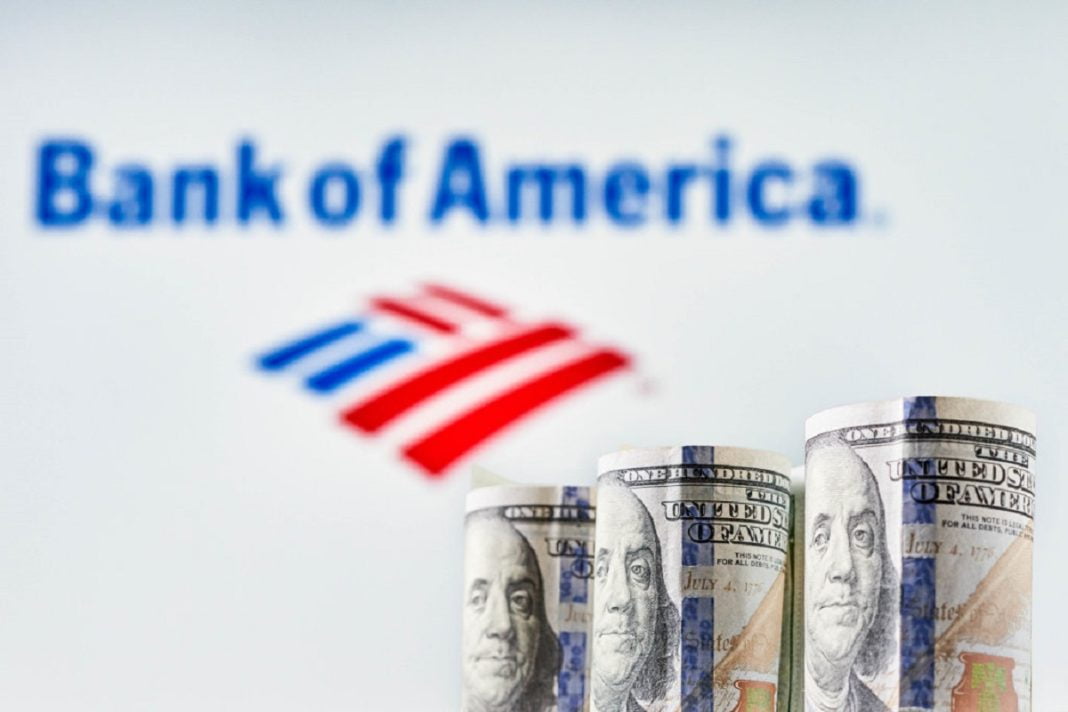Higher interest rates, according to Wall Street bankers, will bring in more money from loans and higher-yielding securities.
Now that interest rates are rising, bankers must contend with the downside: when yields rise, the value of the bonds they currently possess decreases, eroding their capital.
This means that the largest US banks will have less surplus cash to use for share buybacks. Fewer buybacks mean lower earnings-per-share growth, putting upward pressure on stock prices.
Since the beginning of the year, the S&P Banks Index (.SPXBK) has down 11%, nearly double the 6% drop in the benchmark S&P 500 (.SPX) over the same time period.
“You’re going to see a lot less buybacks in the US financial industry than you did last year,” said Portales Partners bank analyst Charles Peabody.
Because it moved more aggressively than others last year to put excess cash in securities, Bank of America Corp (BAC.N) could see one of the largest capital drops from declining bond prices when banks start reporting quarterly results next week, analysts said.
“I’m fairly confident you’ll notice that their buybacks slowed significantly in the first quarter, mostly owing to this issue,” Peabody added.
SWORD WITH TWO EDGES
Higher rates should eventually compensate for the lost capital, increasing net interest income. Analysts say the timing is inconvenient for buybacks.
In a study, Jefferies analyst Ken Usdin stated, “Rising interest rates are a double-edged sword for the banks.”
Yields on 10-year US Treasury notes jumped 0.83 percentage point to 2.34 percent in the first quarter. According to Usdin, a complete 1-point rise would have lowered Bank of America’s Common Equity Tier 1 capital ratio from 10.6 percent to 10.2 percent.
That would put the bank close to the 10% to 10.5 percent range that Bank of America management have stated they will maintain in order to meet regulators’ 9.5 percent threshold.
According to Usdin, Citigroup Inc (C.NCET1 )’s ratio would have been decreased by 0.22 points, while JPMorgan Chase & Co (JPM.NCET1 )’s ratio would have been reduced by 0.15 points.
According to Peabody, Citigroup and JPMorgan have extra reasons to cut buybacks. Citigroup will almost certainly have to accept losses on its Russian assets, which it has estimated could total over $5 billion in a “severe” scenario.
JPMorgan CEO Jamie Dimon said in a letter to shareholders on Monday that his bank’s share repurchases “will be smaller in the next year or two” due to increasing capital requirements and the need to invest in newly acquired businesses. find out more
Analysts will look at how banks adjusted their cash and securities mix to improve interest revenue and reduce the risk of unrealized losses on assets when they report their results.
Banks have begun taking precautions to mitigate the impact of unrealized losses, such as hedging their holdings, as Bank of America does.
Banks can also make a risk-mitigating accounting decision. They can categorize some bonds as “held-to-maturity” (HTM) and avoid having to account for value fluctuations provided they agree to maintain the securities until they are repaid.
Alternatively, banks can keep the bonds as “available-for-sale,” (AFS), which means they must account for unrealized losses against capital but can sell the securities to raise funds to make more loans.
According to Usdin, bank securities portfolios have switched to 47 percent held-to-maturity from 28 percent two years earlier.
Because most banks are small, regulators do not require them to factor changes in AFS securities into their capital requirements.
Unrealized losses do not decrease earnings in either AFS or HTM.
If bond prices continue to decrease, Peabody expects investors to focus more on capital reforms in the next quarters. Because changes in capital, also known as book value, can be a stronger sign than earnings of whether companies are creating value for shareholders or accumulating losses to be recognized later, capital changes can be a better indicator than earnings.
With a 1% increase in 10-year yields, Usdin calculated that book value per share for the 20 banks he covers would fall by an average of 4%.






